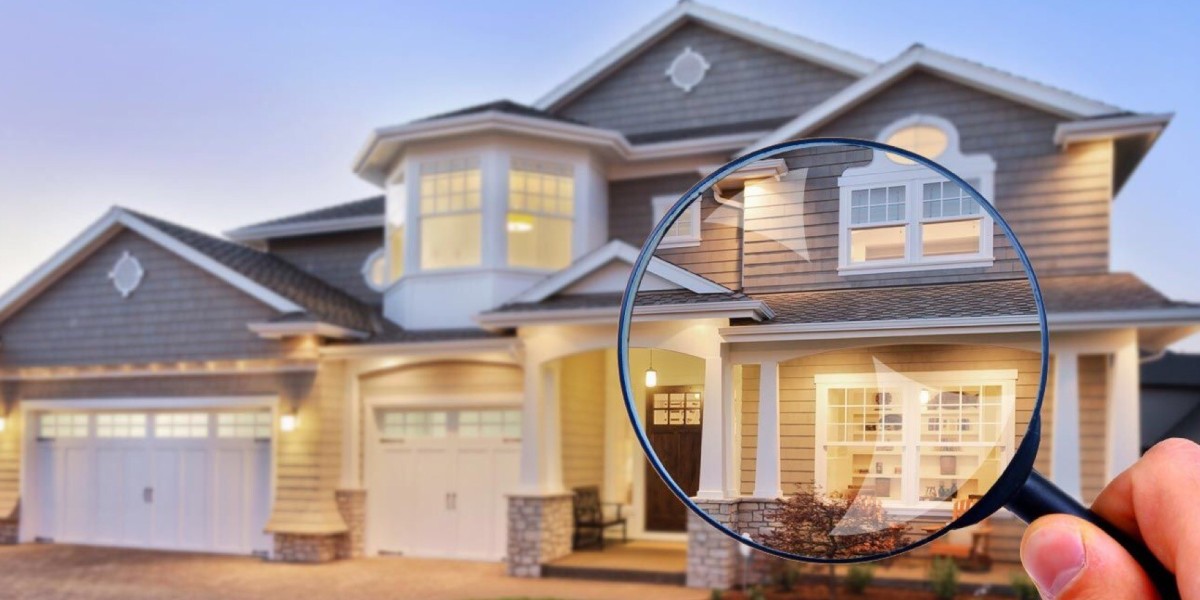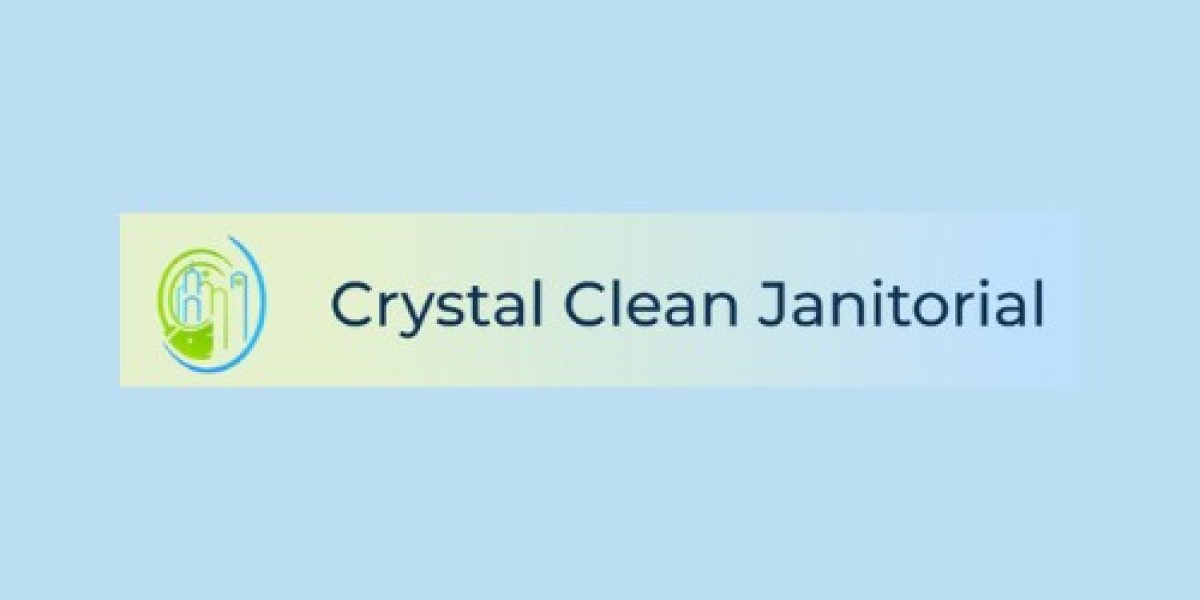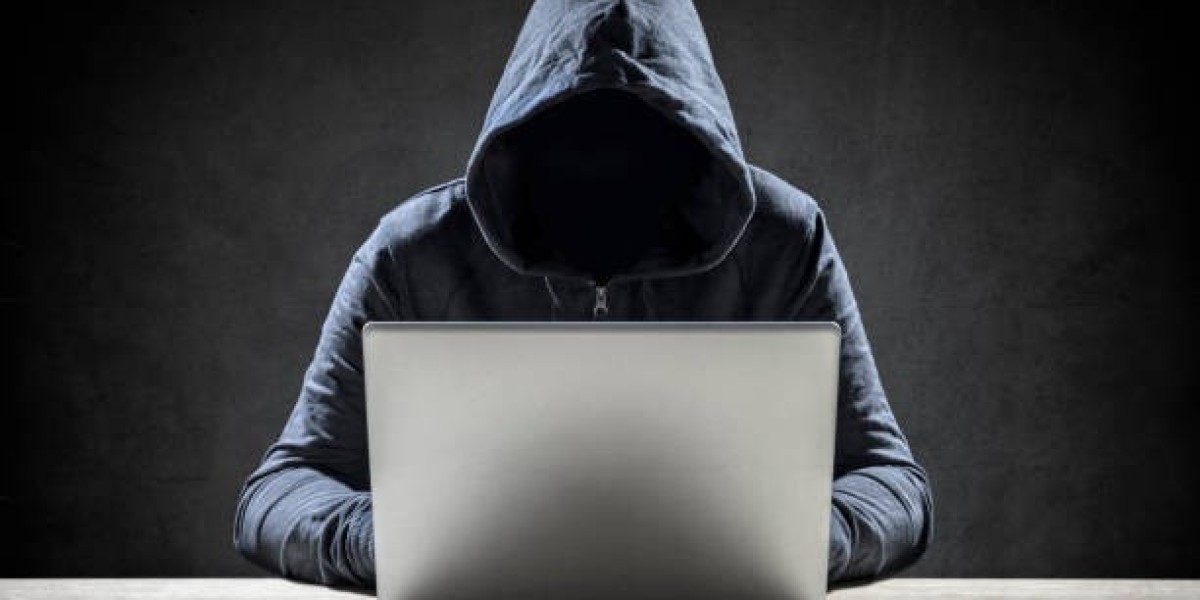Buying or selling a home in Vancouver is one of the biggest financial decisions you’ll ever make. Whether you’re moving into a cozy condo in Yaletown or selling a family home in Burnaby, one step you can’t afford to skip is a home inspection.
A home inspection is more than a formality — it’s your safeguard against hidden problems that could cost thousands later. Vancouver’s unique climate, older housing stock, and strict building codes make inspections especially crucial.
In this complete guide, we’ll break down everything you need to know about home inspections in Vancouver, BC — from what’s included, how much it costs, common local issues, and how to find a reliable inspector.
What Is a Home Inspection?
A home inspection is a detailed, non-invasive examination of a property’s visible and accessible systems and structures.
The goal is to identify defects, safety issues, and maintenance needs before finalizing a purchase or sale.
What Inspectors Typically Examine:
Roofing: Leaks, shingle wear, flashing, gutters
Foundation & Structure: Cracks, moisture, settlement issues
Electrical Systems: Outdated wiring, safety hazards
Plumbing: Leaks, corrosion, water pressure
Heating & Cooling (HVAC): Furnace age, duct issues, ventilation
Insulation & Ventilation: Especially important in damp Vancouver weather
Interior & Exterior: Windows, doors, walls, decks, drainage
The inspector provides a detailed written report with photos, notes, and recommendations — a valuable tool for negotiation and planning repairs.
Why Home Inspections Are So Important in Vancouver
Vancouver’s housing market is among the most competitive and expensive in Canada. Yet, beneath the beauty of ocean-view condos and heritage homes, hidden issues can lurk. Here’s why inspections are essential in this city:
1. Moisture and Rain Damage
Vancouver’s rainy climate means moisture intrusion is a common issue. Inspectors often find:
Rotting wood in window frames or decks
Mold growth in basements or attics
Improper drainage around foundations
A good inspector identifies signs of water penetration early, helping you avoid costly remediation later.
2. Older Homes with Hidden Issues
Neighborhoods like Kitsilano, East Vancouver, and Mount Pleasant have many pre-1980s homes. These may contain:
Asbestos insulation
Lead pipes or paint
Outdated electrical panels
A thorough inspection can uncover these hazards before you buy.
3. Condo and Strata Complex Concerns
In Vancouver’s condo-heavy market, strata inspections are just as vital. Inspectors review:
Common area maintenance
Roofing and plumbing in shared systems
Building envelope (critical for avoiding “leaky condo” issues)
4. Peace of Mind for Sellers
For sellers, a pre-listing inspection can identify problems before listing your home — helping you price it accurately and avoid surprises during negotiations.
How Much Does a Home Inspection Cost in Vancouver?
On average, a home inspection in Vancouver costs between $400 and $700, depending on factors like:
Property size and type
Age and condition of the home
Location (some outlying areas may charge travel fees)
Additional services (radon testing, thermal imaging, sewer scope)
Typical Price Ranges:
| Property Type | Average Cost |
|---|---|
| Condo / Apartment | $350–$500 |
| Townhouse | $400–$600 |
| Detached Home | $500–$750 |
| Large or Luxury Home | $700–$1,000+ |
While it might seem like an extra expense, this small investment can save tens of thousands in unexpected repairs.
When Should You Schedule a Home Inspection?
Ideally, book your inspection as soon as your offer is accepted — before the subject removal deadline.
This gives you enough time to review the report and renegotiate if needed.
For sellers, schedule a pre-listing inspection at least 2–3 weeks before putting your home on the market.
What Happens During a Vancouver Home Inspection?
A standard inspection usually takes 2–3 hours, depending on the property size. The inspector walks through every accessible area, taking photos and notes.
The Process Step-by-Step:
Exterior Inspection: Roof, siding, grading, decks, foundation
Interior Inspection: Walls, ceilings, floors, doors, windows
Systems Check: Electrical panels, plumbing fixtures, furnace, and HVAC
Attic and Basement: Insulation, ventilation, leaks, and structural issues
Report & Review: Within 24 hours, you’ll receive a digital report with photos and recommendations.
Tip: Always attend the inspection if possible — it’s the best way to understand your property’s condition.
Common Issues Found in Vancouver Homes
Water Intrusion and Mold: Especially in older basements and bathrooms
Roof Leaks: From heavy rainfall or poor maintenance
Electrical Hazards: Knob-and-tube wiring still found in older homes
Poor Insulation: Leading to high energy bills
Foundation Cracks: Common in sloped or older lots
Pest Infestations: Particularly ants and rodents in damp areas
Knowing these issues upfront helps you negotiate repairs or price adjustments before closing the deal.
Choosing the Right Home Inspector in Vancouver
Selecting the right professional can make all the difference.
Look for inspectors who are certified, experienced, and insured.
What to Look For:
✅ Certification from Home Inspectors Association BC (HIABC) or Canadian Association of Home & Property Inspectors (CAHPI)
✅ Detailed sample reports (ask to see one!)
✅ Experience with Vancouver’s housing types and climate
✅ Positive online reviews
✅ Clear communication and transparency about fees
Questions to Ask:
How long have you been inspecting homes in Vancouver?
Do you use thermal imaging or moisture meters?
How soon will I receive the report?
Are you insured for errors and omissions?
Eco-Friendly and New-Build Inspections in Vancouver
With Vancouver’s push toward sustainability and green living, many new homes are built with energy efficiency in mind.
Even so, inspections are crucial to verify that everything meets BC Building Code and City of Vancouver standards.
Inspectors can also assess:
Energy efficiency (insulation, windows, heating systems)
Solar installations
Air quality and ventilation
Water-saving fixtures
How to Prepare for a Home Inspection
If you’re a buyer:
Be present during the inspection
Prepare a list of questions
Review the report carefully before finalizing the purchase
If you’re a seller:
Clean and declutter spaces for easy access
Ensure utilities are connected
Fix minor issues beforehand (burned-out bulbs, loose doorknobs, etc.)
Post-Inspection: What Happens Next?
Once the report is ready, you’ll have three main options:
Proceed with the purchase (if no major issues).
Renegotiate the price or ask the seller to fix problems.
Withdraw your offer (if serious defects are found).
A qualified realtor can help you navigate these next steps strategically.
Home Inspection Laws and Regulations in BC
Home inspectors in British Columbia are licensed and regulated by Consumer Protection BC.
This ensures they follow professional standards and ethics. Always verify an inspector’s license status on the Consumer Protection BC website before hiring.
Conclusion: Why Every Vancouver Home Needs a Professional Inspection
In Vancouver’s fast-paced real estate market, skipping a home inspection is a risky move.
Whether you’re buying a brand-new condo downtown or selling a heritage home in Kitsilano, a professional inspection provides transparency, confidence, and peace of mind.
It’s not just about spotting defects — it’s about protecting your investment and ensuring your home is safe, comfortable, and built to last.








